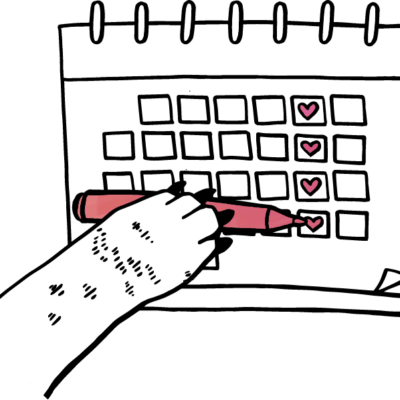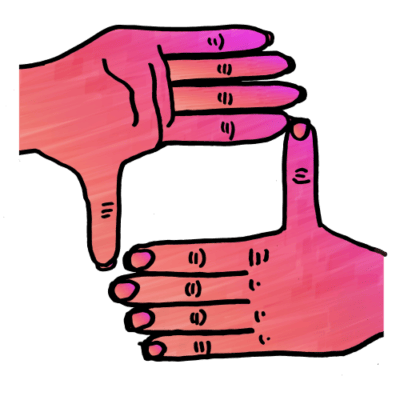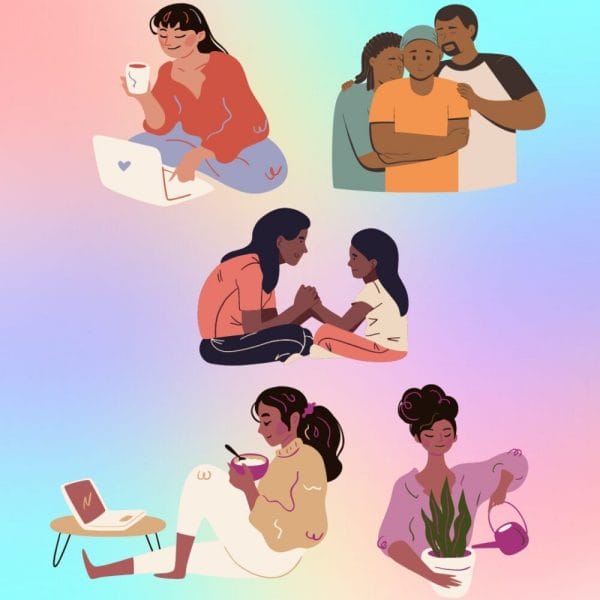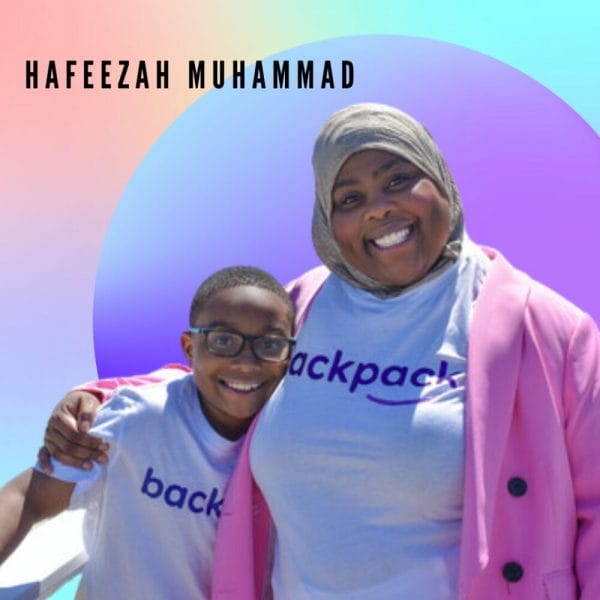We need a better way to support teens and young adults in their efforts to socialize safely during the pandemic.
How might we, as parents, caretakers, university professionals, on-campus support teams, and peers, start supporting teens and young adults in their efforts to socialize safely during the pandemic? It’s helpful to know that loneliness is an activated state—it’s an alarm bell in our brain that says our fundamental need for human connection is not satisfied until we take action. In that moment of need, the brain—and especially the adolescent brain—is not necessarily thinking first of safety; it is thinking first of connection-making, of fulfilling a primal need. As we provide support to young people navigating a COVID-19 world, we need to tap into our empathy and use the science of social connection to guide our approach to helping young people socialize safely.
At Hopelab, we have been working on a research-based approach to addressing youth loneliness for several years. In partnership with Grit Digital Health we created Nod, an app that equips students with skills to build a fulfilling social life in college. We are working to get Nod to as many students as possible, at no cost to them, by partnering with colleges and universities through an enterprise model. Nod is loaded with tips for building social connections, whether a student’s college experience is fully virtual, in-person, or a hybrid. Even with restrictions on socializing in place due to COVID-19, the following four tips can be shared with young people to help support building satisfying social connections in their lives.
Four science-backed social connection tips
1. Start with some self-compassion
Begin by acknowledging that the situation you’re in is hard, and that you’re experiencing suffering.  It sounds straightforward, but we’re typically more inclined to do this for others than for ourselves. We tend to think, “I shouldn’t be feeling this way.” Acknowledging our hurt opens the possibility of responding with compassion. A great trick to get in this mindset is to ask yourself: what would I say to a friend or loved one in a similar situation? Take that inspiration and deliver yourself a dose of compassion. Now we can zoom out and appreciate that while it can feel like it at times, we are not alone in our suffering.
It sounds straightforward, but we’re typically more inclined to do this for others than for ourselves. We tend to think, “I shouldn’t be feeling this way.” Acknowledging our hurt opens the possibility of responding with compassion. A great trick to get in this mindset is to ask yourself: what would I say to a friend or loved one in a similar situation? Take that inspiration and deliver yourself a dose of compassion. Now we can zoom out and appreciate that while it can feel like it at times, we are not alone in our suffering.

 Examples of values are things like learning, balance, relationships, unity, and self-respect. Now create two columns, one to write actions that you do that are aligned with your values, and a second to write actions that you do (or are tempted to do) that are not aligned with your values. This is a great exercise to help bring clarity when you’re making a decision about socializing that involves assessing risk; when you stop and look at what really matters to you, does this align or does it work against your values?
Examples of values are things like learning, balance, relationships, unity, and self-respect. Now create two columns, one to write actions that you do that are aligned with your values, and a second to write actions that you do (or are tempted to do) that are not aligned with your values. This is a great exercise to help bring clarity when you’re making a decision about socializing that involves assessing risk; when you stop and look at what really matters to you, does this align or does it work against your values?




